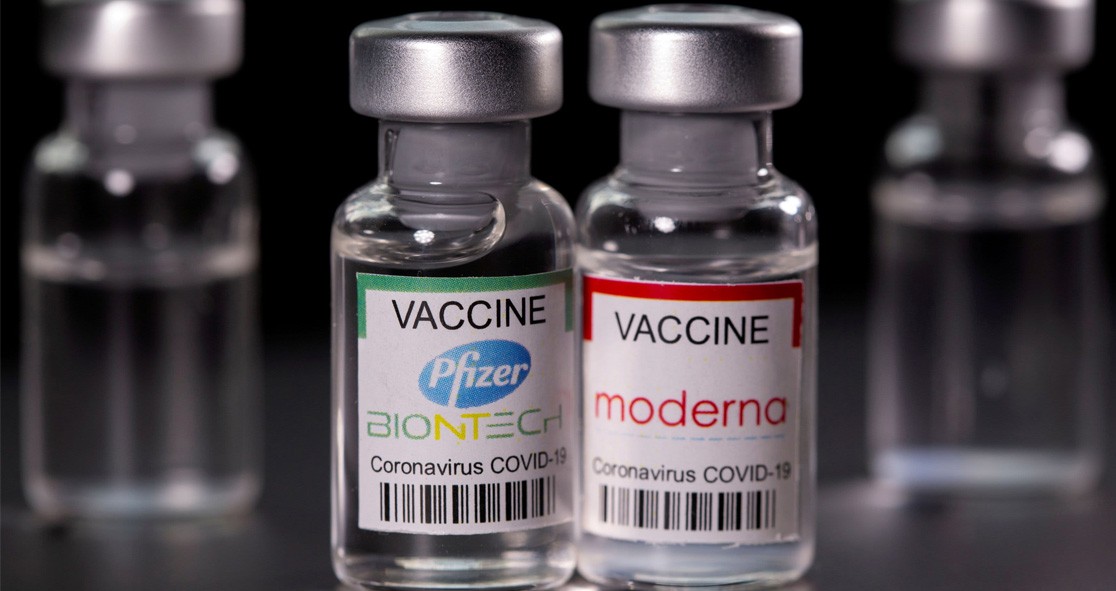A new study by the University of Virginia Health System (UVA Health) has found that the antibodies generated by the Pfizer COVID-19 vaccine rise more slowly and decline more quickly than antibodies included by the Moderna vaccine, according to Science Daily.
The study, published in the scientific journal Frontiers in Immunology, also found that older individuals who took the Pfizer vaccine generated fewer antibodies than younger adults; however, this was not the case for Moderna.
UVA Health researchers determined that Pfizer and Moderna vaccines generated similar peak levels of antibodies. They said the findings would be important for future research to consider the timeframe from vaccination when assessing peak antibody response.
Study author Dr. Behnam Keshavarz said, “It is not surprising that antibody levels fall after vaccination. But we were struck by how rapidly the antibodies fell after the mRNA vaccines, particularly the Pfizer/BioNTech vaccine.”
Dr. Keshavarz and his team tracked post-vaccination antibody levels in more than 230 UVA employees over 10 months. Of those, 114 had received Pfizer COVID vaccine, 114 had received Moderna vaccine, and six had received J&J single shot.
After almost 20 days of their second dose, those who had received Pfizer and Moderna’s mRNA-based vaccines had antibody levels that were 50 times higher than those who took the single-dose J&J vaccine. However, shortly thereafter, antibodies from both Pfizer and Moderna began to drop, particularly more for Pfizer.
The researchers noted that the Pfizer and Moderna vaccines are similar, but there are differences in the amount of mRNA they contain and their formulations. This could explain the differences in antibody response. Also, the time between two doses could be a significant factor.
The authors also noted that men generated fewer antibodies than women did. However, contrary to a prior report, the researchers deemed this finding statistically insignificant.
It is unclear whether the greater antibody response induced by the Moderna vaccine translates into better real-world protection, according to the researchers. They said the study may help explain emerging differences in COVID-19 infection rates among recipients of the different vaccines.
Senior author Dr. Jeffery Wilson said, “Both Pfizer/BioNTech and Moderna have proven very effective in protecting against severe disease, but our study builds on others that have shown some subtle differences in outcomes that favor Moderna.”
“This could particularly be true in higher-risk populations, such as older subjects or those who have conditions with suppressed immune systems,” he added.























